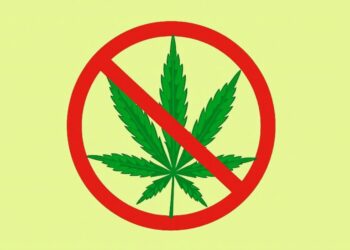A new study from Portland State University challenges the narrative that Oregon’s 2020 drug decriminalization measure caused a surge in crime and overdose deaths.
For years, critics have pointed to Measure 110—which downgraded possession of small amounts of drugs like methamphetamine and fentanyl to a civil violation—as a major driver of Oregon’s public safety struggles. But the report, released this week in partnership with the National Institute of Justice, finds “little to no support” for the claim that decriminalization directly caused higher crime or drug-related deaths.
Instead, researchers concluded that the COVID-19 pandemic and the rapid spread of fentanyl were the most significant factors shaping public safety outcomes between 2008 and 2024.
“Oregon’s drug policy shifts, including defelonization in 2017 and decriminalization in 2021, had no significant, sustained effects on property or violent crime rates,” the report said.
The findings come after years of sweeping policy changes. In 2013, Oregon reduced mandatory minimum sentences for marijuana-related crimes. In 2017, lawmakers reclassified moderate drug possession charges from felonies to misdemeanors for Schedule I and II substances. Finally, Measure 110 passed in 2020, taking effect in 2021 and reducing most simple possession charges to a violation punishable by a $100 fine.
Overdose deaths in Oregon rose sharply during the same period, but researchers noted that the increase began before Measure 110 took effect. The state recorded 816 overdose deaths in 2020—already up from the previous year—before peaking at 1,833 in 2023. By 2024, the number fell to 1,480.
“Of all the events we examined, the COVID-19 pandemic disrupted the justice system the most, more so than any legislation,” said Brian Renauer, a lead researcher and professor at Portland State.
Lawmakers repealed Measure 110 last year amid public backlash and concern over rising overdoses. People caught with small amounts of drugs can now be arrested, though a new diversion system allows treatment in place of criminal charges.
Christopher Campbell, a co-author of the study, stressed that while Measure 110 had flaws, it was not the root cause of Oregon’s crises. “What we observed was far from a causal connection to Measure 110,” he said. “Rather, we saw an unprecedented impact of the COVID-19 pandemic and fentanyl.”
Read the whole article from MarijuanaMoment here.













